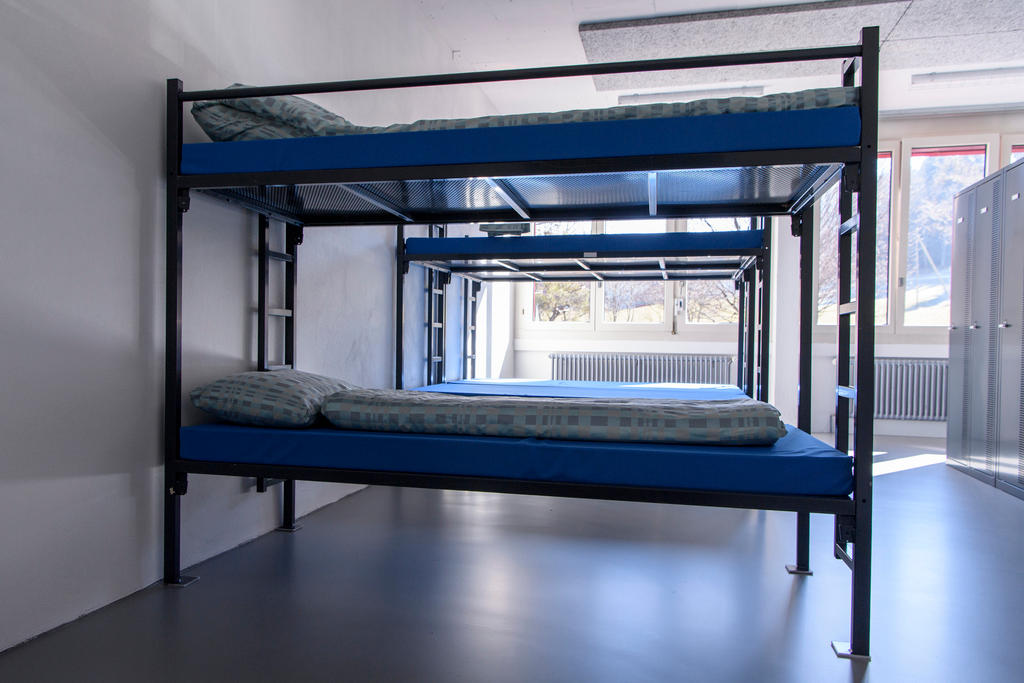Fewer people seeking asylum in Switzerland

Switzerland received 15% fewer applications for asylum in 2018 compared to the previous year, according to the head of the State Secretariat for Migration (SEM), Mario Gattiker.
A total of 15,255 applications were submitted, which represents the lowest level in 11 years, Gattiker told the Blick newspaperExternal link. In 2017, SEMExternal link received 18,088 asylum applications, which was already a drop of one third from a peak in 2016.
However, the fall in asylum seeker numbers is no cause for celebration, according to Swiss Refugee CouncilExternal link. In a statement on Friday, the NGO said this had been caused by a European “policy of rigorous isolation and deterrence” that turns more refugees away at borders.
Gattiker gave two main reasons why Switzerland is becoming less attractive for asylum seekers. Swift decisions on applications means that failed asylum seekers are forced to leave the country quickly, he said.
In addition, the flow of refugees from Africa into Italy via the Mediterranean has been stemmed. This means more African refugees are entering Europe in Spain via Morocco, which is further away to Switzerland.
But the Swiss Refugee Council disagreed, saying a tightening of asylum policy in European countries has resulted in “human rights being trampled underfoot, violence, misery and death”. It called on Switzerland to live up to its humanitarian tradition by doing more to help those in need.
Most asylum seekers entering Switzerland came from Eritrea, Syria and Afghanistan last year. But Gattiker said that the number of applications from Eritrea, in particular, was declining sharply. Of the approximately 2,825 Eritrean asylum applications, only 492 people had fled to Switzerland.
SEM expects the number of asylum seekers to remain the same in 2019 at around 15,500 new applications. However, Gattiker warned that the situation remains volatile. For example, more than three million Syrian refugees are currently living in Turkey.

More
Accelerated asylum procedures to take effect in 2019

In compliance with the JTI standards
More: SWI swissinfo.ch certified by the Journalism Trust Initiative










You can find an overview of ongoing debates with our journalists here . Please join us!
If you want to start a conversation about a topic raised in this article or want to report factual errors, email us at english@swissinfo.ch.